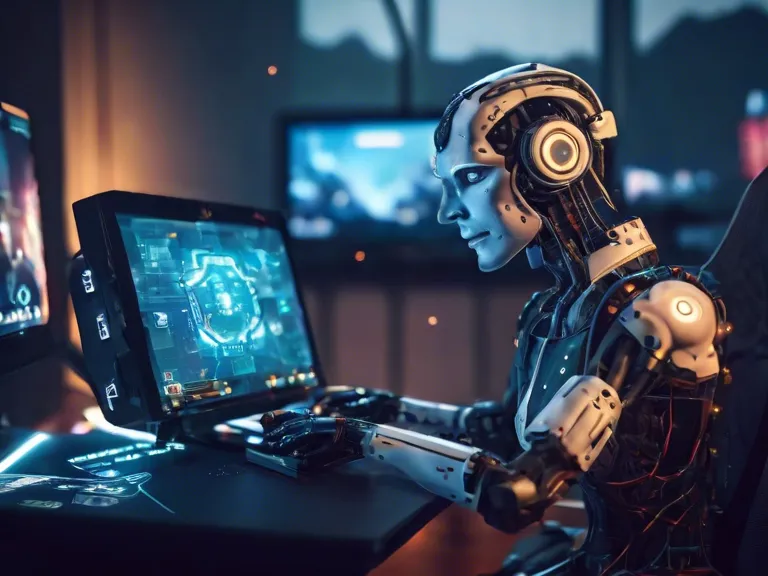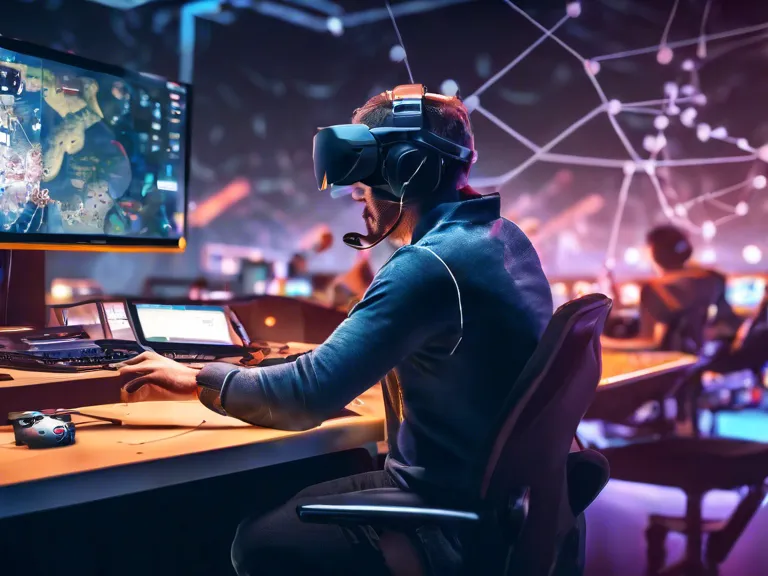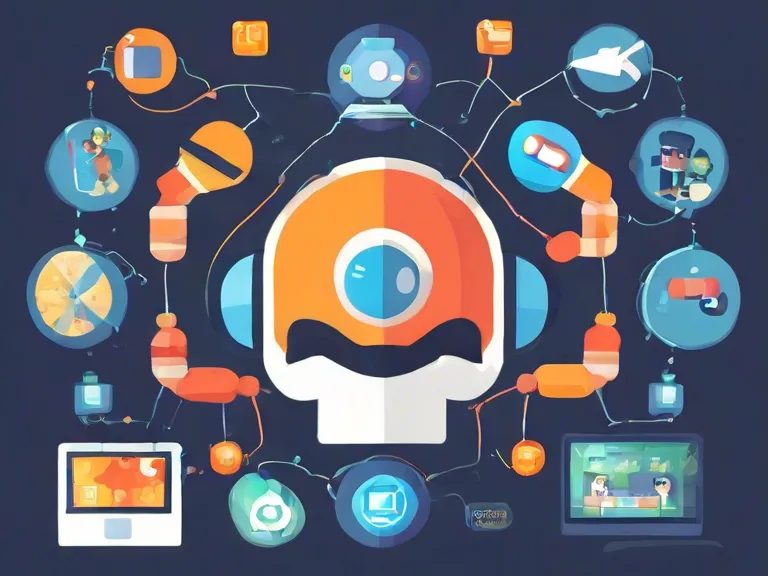
Artificial Intelligence (AI) has become an integral part of modern gaming, evolving from basic Non-Player Characters (NPCs) to sophisticated Adaptive AI systems. This article explores the evolution of AI in gaming and its impact on gameplay and player experience.
From the early days of NPC enemies with predictable behavior patterns, AI in gaming has come a long way. NPCs have evolved from simple scripted actions to more dynamic and responsive behaviors, making them more challenging and realistic opponents for players. This shift has enhanced the overall gaming experience by creating a more immersive and engaging environment.
One of the major advancements in AI in gaming is the development of Adaptive AI systems. These systems are designed to learn and adapt to player behavior, making gameplay more personalized and challenging. Adaptive AI can adjust difficulty levels, strategize based on player actions, and even predict player movements. This level of sophistication has revolutionized the way games are played, providing a more dynamic and unpredictable experience for players.
Another key aspect of AI evolution in gaming is the implementation of machine learning algorithms. These algorithms enable AI systems to analyze vast amounts of data and make decisions in real-time, enhancing the overall intelligence and realism of NPCs and enemies. Machine learning has also been used to create AI companions that can support and interact with players, adding a new dimension to cooperative gameplay.
Overall, the evolution of AI in gaming has greatly enhanced the realism, challenge, and immersion of games. As technology continues to advance, we can expect AI in gaming to become even more sophisticated and integrated into all aspects of gameplay. The future of AI in gaming is bright, promising exciting new possibilities for players and developers alike.


